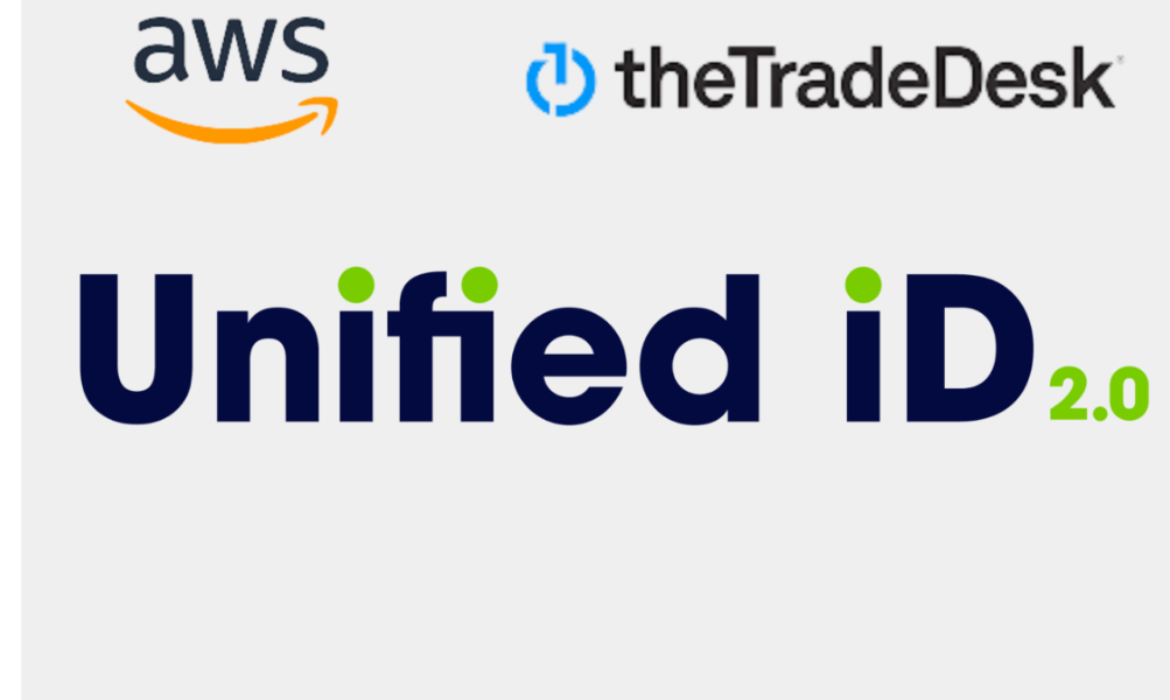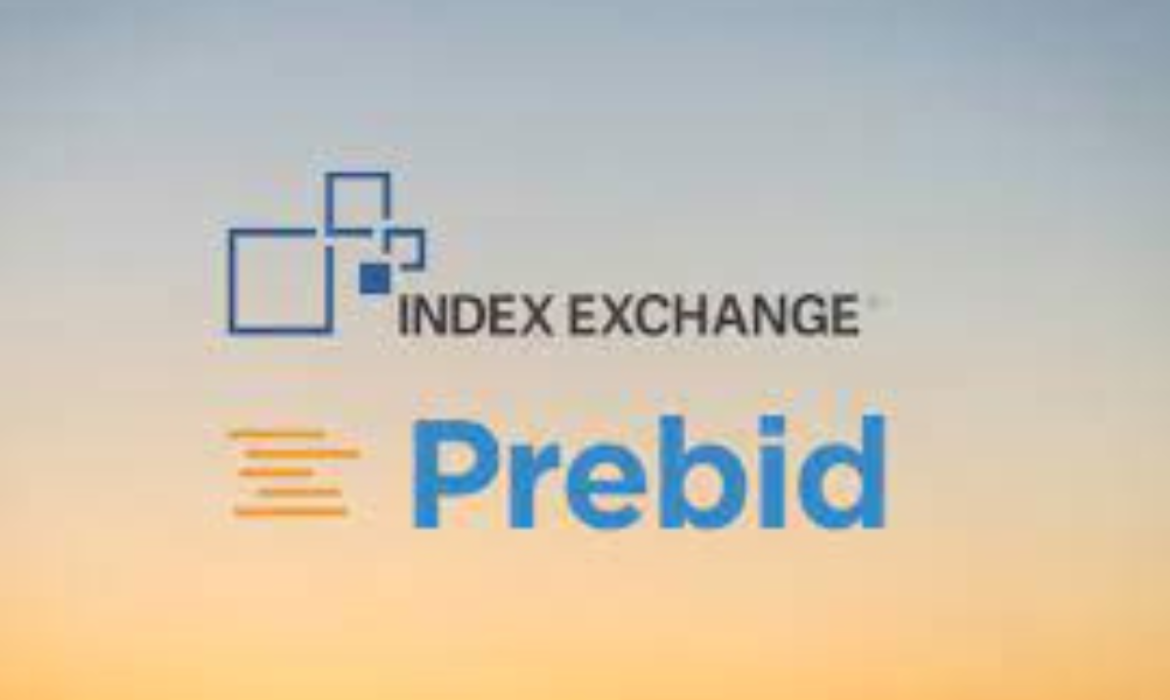Amazon Web Services Partners With Trade Desk’s UID2 To Integrate First Party Data
Amazon Web Services, one of the most popular data hosting services for marketers partners with the Trade Desk’s UID2 (Unified ID 2.0) at the Cannes Lions Festival.
What is UID2?
UID2 is a non-proprietary, open-sourced alternative identifier developed by The Trade Desk and supported by over 40 publishers. It enables advertisers, agencies, ad technology companies, and publishers selling advertising to continue providing relevant, personalized advertising without third-party cookies. It also provides mechanisms for consumer consent with transparency baked in.
Interesting Read: The Trade Desk & Lifesight Partnership: What It Means For Indian Marketers!
What is the partnership about?
AWS will serve as a private operator of UID2 through the partnership. In essence, this means the company will handle its own internal version of UID2 to generate and manage the identity solution. Marketers can match their first-party data via the Amazon web services marketplace to facilitate programmatic ad placement efficiently.
The integration allows Amazon to place programmatic ads without exposing sensitive user data externally since it takes advantage of AWS Nitro Enclaves, a facility it says provides better security for customers’ personally identifiable information.
A second advantage of the pair’s integration is that PII is never directly disclosed to external parties since UID2 identifiers are encrypted into so-called “ephemeral UID2 tokens” that are shared to match users with bid requests. Furthermore, the pair says that PII will never be communicated directly between external parties due to UID2 identifiers being encrypted into non-persistent “ephemeral UID2 tokens,” which are provided to match users with bid requests.
In an emailed statement reported by Digiday, Adam Solomon, worldwide head of data collaboration & interoperability solutions, advertising & marketing tech industry at AWS said,
“One of the key requirements of running a UID2 Private Operator Service is a trusted environment for the UID2 operator application to process users’ private data, such as a user’s phone number or email address so that sensitive data isn’t accessible to other UID2 operators and providers.”
Customers who want to run UID2 workflows in the cloud will not have to do any heavy lifting with this solution. They can easily deploy UID2 Private Operator services with a click of a button in their virtual cloud environment. Solomon further added,
“This is an amazing next step in consumer identity in terms of having a service that both the sell side and buy side can leverage for advertising, targeting, measurement, activation, and planning.”
“This paradigm has important implications in the long run beyond identity that include areas such as analysis, machine learning for measurement — there is a whole host of things we can do. And cloud technologies are enabling this new way of thinking, where you can develop a service and deploy it closer to your customer’s environment. It’s the beginning of not just how we do identity, but of a new way of doing business together.”
AWS joins a handful of other data firms and agency networks—like Snowflake, InfoSum, and IPG—who have signed up to be private operators of UID2 or parties that process identifiable information in a way The Trade Desk deems privacy safe. Amazon Web Services partnership, which will help the cookieless solution gain credibility in a crowded market.
Interesting Read: A Panoramic Perspective Of Amazon’s Advertising Business!
Brightcom Partners With Intent IQ To Strenghten Its Adtech Offering
Brightcom, a publisher-side platform, is partnering with Intent IQ, an identity verification company. This will allow Brightcom to take advantage of Intent IQ’s bid enhancement service. It aims to better identify IDs in a cookieless environment, leveraging and maximizing monetization for Brightcom’s publishers’ portfolio.
Read More: Walmart Connect: Walmart’s Ambitious Advertising Plans For Its Programmatic Platform
Details: With this partnership, Brightcom Group intends to enhance its bidding capability in RTB and programmatic advertising environments. The loss of cookies in browsers makes it increasingly difficult to target online ads. Therefore Intent IQ’s identity device graph will aggregate Brightcom’s publisher SSP and DSP IDs into one Intent IQ Person ID. It will do this while returning partner SSP and DSP IDs when those are missing. CEO Etai Eitany stated that Brightcom is known for its ability to help site owners and applications generate revenue across a variety of devices and environments, such as display, audio, and video.
Intent IQ is a subsidiary of AlmondNet Group that holds 150 patents mostly related to ad targeting. The company currently uses first-party ID clustering as part of its targeting process. First-party IDs are grouped into interests, or mobile app IDs are grouped into devices visited by the browser. Intent IQ supports third-party cookie and cookieless environments, such as Safari and the future Chrome.
What’s ahead: eMarketer reports that US advertisers spent 41.2% more on programmatic display ads in 2021—the biggest annual increase since 2016. It is expected to reach $141.96 billion in 2023.
In spite of lingering uncertainty as third-party identifiers are slowly phased out, programmatic advertising is booming. It is expected to provide the required transparency to the marketers for their campaigns, especially in a cookieless environment. This works only if advertisers know where their ads are appearing and what kinds of audiences see them. Therefore, programmatic advertising can gain ground when advertisers, ad tech platforms, and publishers work together for a new normal.
Read More: Omnicom Media Group Sets Up Industry’s First Programmatic Private Marketplace
Index Exchange Joins Hands with Prebid.Org to Deal with Industry Crisis
Prebid.org an organization that manages open source Prebid programmatic advertising solution announced that Index exchange (IX), one of the highly known supply-side platforms has joined them at the leader level. Mike O’Sullivan, Vice President of Product at IX has also joined the board.
Independent adtech firms are struggling to monetize the open web. As the regulations increase and third party cookies decline, the advertising ecosystem continues to face challenges in searching for new ways to track and monetize users on the open web. This reinforces the need for industry leaders to come together to build a collaborative solution otherwise there are high chances of intense competition from the duopoly like Google and Facebook.
Mike O’Sullivan said in a statement,
“The industry has very little time to solve for what’s to come after the third-party cookie, and we know collaboration is going to be an essential element of our path forward.”
“In addition to solving the third-party cookie challenge, publishers are increasingly trying to monetize in an omnichannel world, and with that comes complexity. Prebid.org is an excellent forum to discuss, design, and standardize potential solutions with a wide variety of stakeholders.”
Prebid.org is an industry-wide supported initiative to promote the fair, transparent, and efficient unified auction. Participating members contribute to the open-source projects like Prebid.js, Prebid Server, and Prebid Mobile. Index Exchange will be joining the Prebid.org team of 55 member companies that include CafeMedia, Magnite, MediaMath, OpenX, PubMatic, SpotX, StreamAMP, The Trade Desk, and Xandr.
Tom Levesque, President of Prebid.org said,
“We’re very excited to have Index Exchange join Prebid.org. The community is looking forward to their contributions and leadership across the ecosystem.”
“IX’s participation solidifies Prebid.org’s role as the best place for publishers, SSPs, DSPs, and buyers to create the future of the unified auction.”
Adtech companies are collaborating together to find a solution to third-party cookies after Google announced turning web trackers from Chrome by 2022. and recently, Index Exchange took Live Ramp cookieless identity products globally in an effort to connect publishers and advertisers.
Read More: LiveIntent and Rubicon Project Invest on a Non-Cookie Based Identifier




